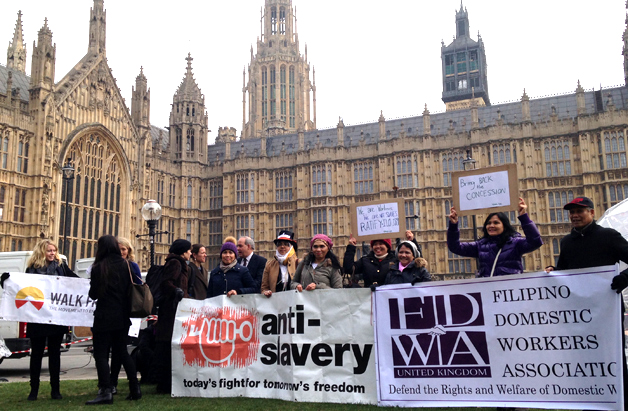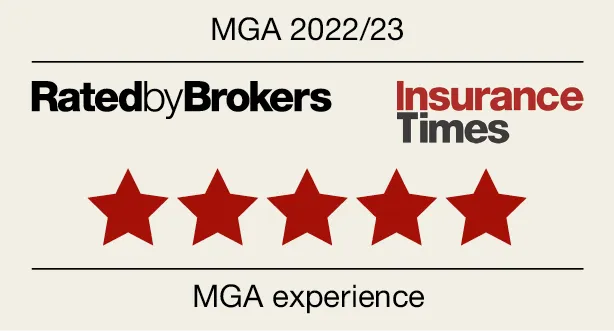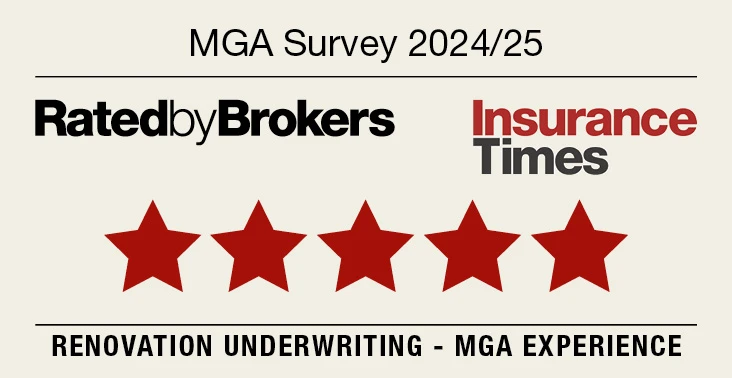A number of segmentation and screening activities are conducted prior to contractual engagement with a supplier. These include activities such as vendor integrity screening, prevention of corruption, bribery and other forms of non-compliance. Segmentation activities include a series of questions intended to highlight whether a supplier is at higher risk of modern slavery in its supply chain. This allows for identification of the risk and subsequent mitigation activities.
Currently, high risk suppliers include any manufacturing-related suppliers or those services heavily focused on manual labour. Renovation Underwriting Ltd currently uses a third party (the CIPS Sustainability Index) to audit its suppliers’ environmental and ethical controls and practices. Their findings can be benchmarked against industry and sector peers, allowing for remediation plans to be implemented where appropriate. This ensures supplier relationships are safely and efficiently vetted.
This audit (amongst other due diligence activities) is conducted annually for all selected suppliers as part of our supplier relationship management practices to ensure that all vetted suppliers maintain their compliance status.
As part of our pre-contract supplier registration process, suppliers are required to warrant that they have thoroughly investigated their labour practices, and those of their direct suppliers, to ensure there is no slavery or forced labour used anywhere in their organisation or by any of their direct suppliers.
The warranty also requires the supplier to confirm it has/intends to within the subsequent twelve-month period put in place all necessary processes, procedures, investigations and compliance systems to ensure that this situation will continue to be the case. This warranty is required irrespective of the financial threshold set by the Modern Slavery Act 2015.
















